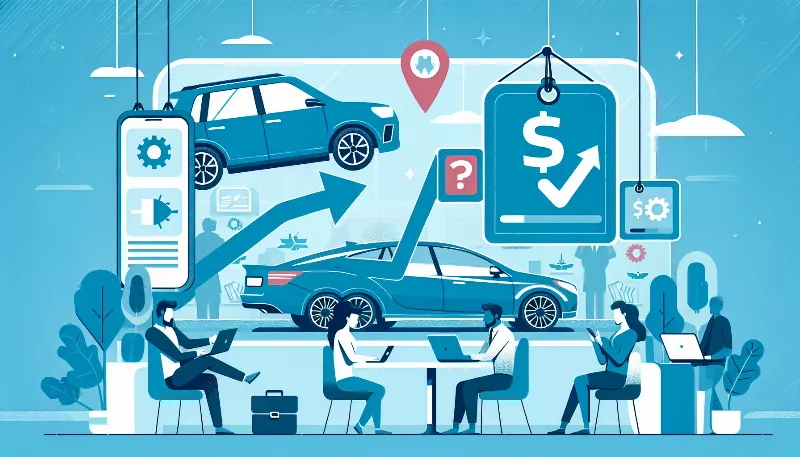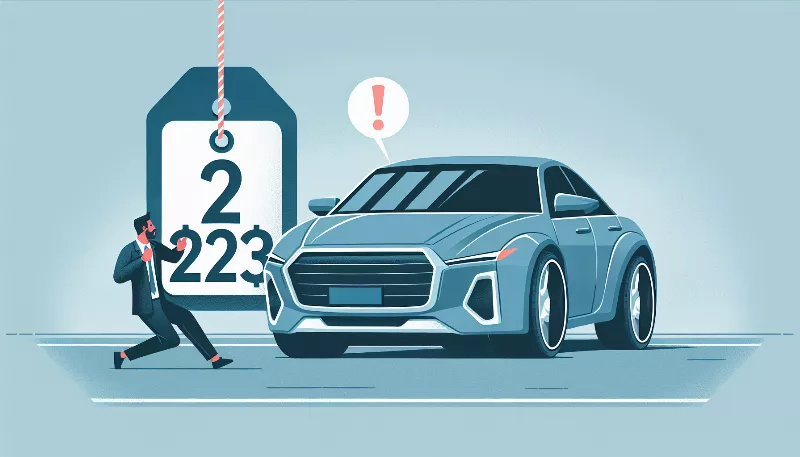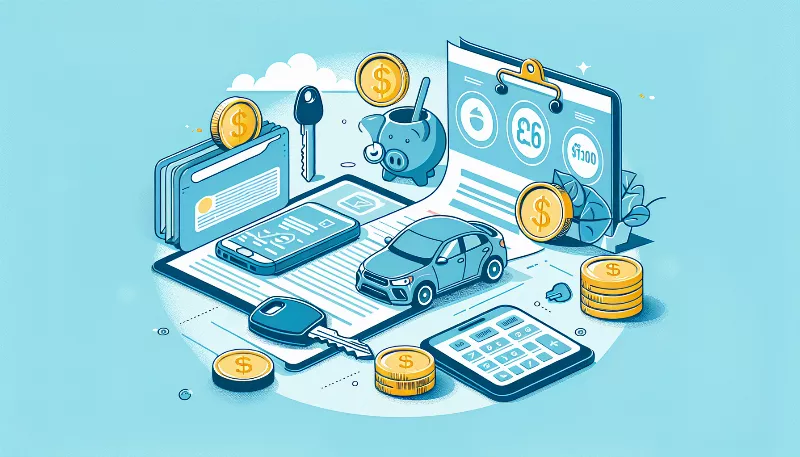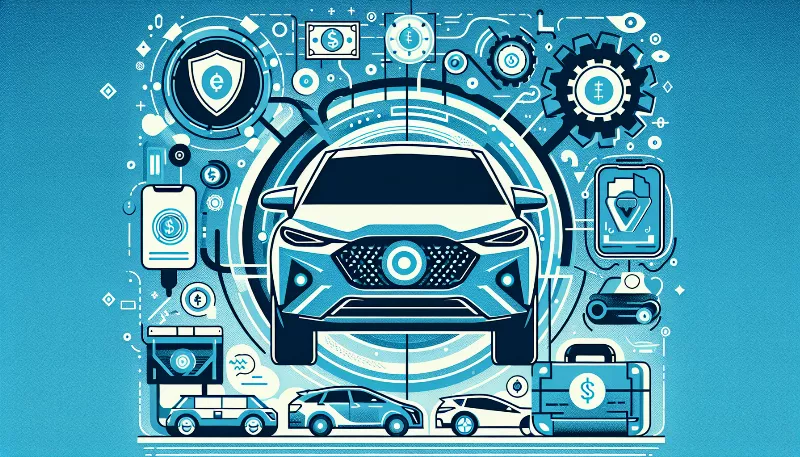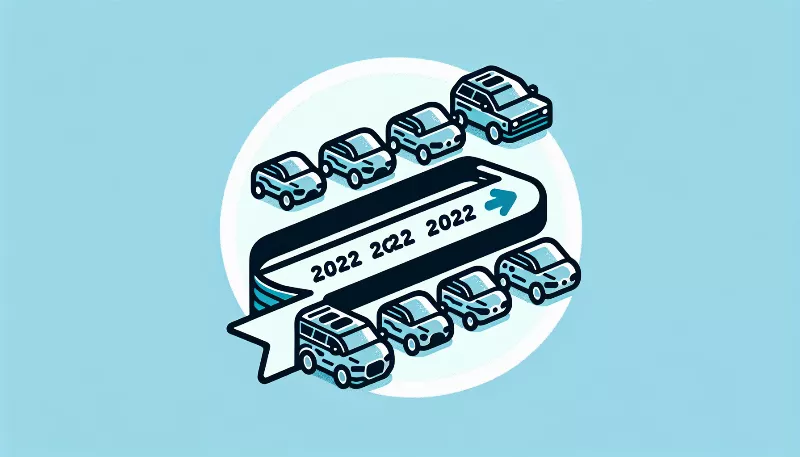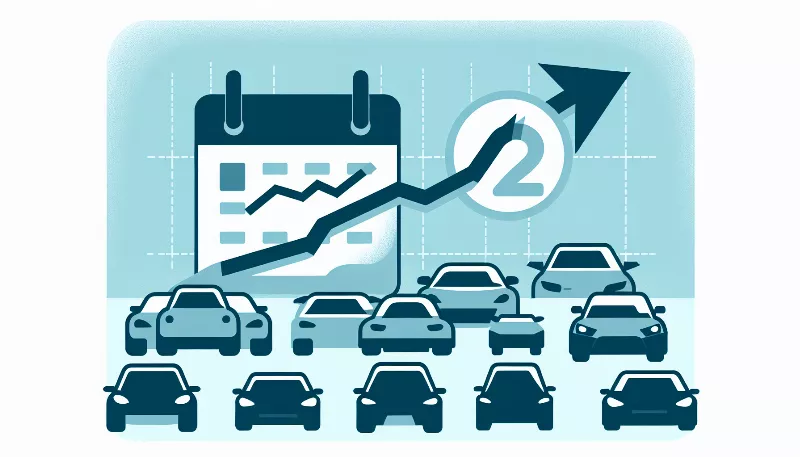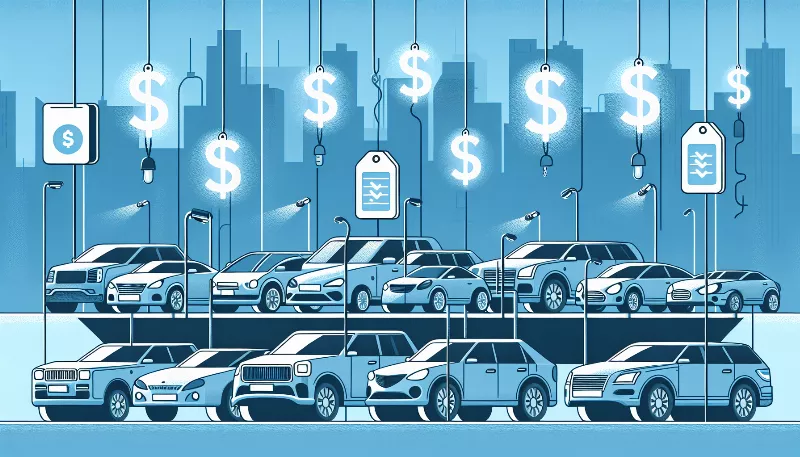Drive Home a Bargain: The Ultimate Guide to Comparing New Car Costs
Unlock the secrets to savvy car shopping! Compare new car costs effectively and snag the best deals with our comprehensive guide.
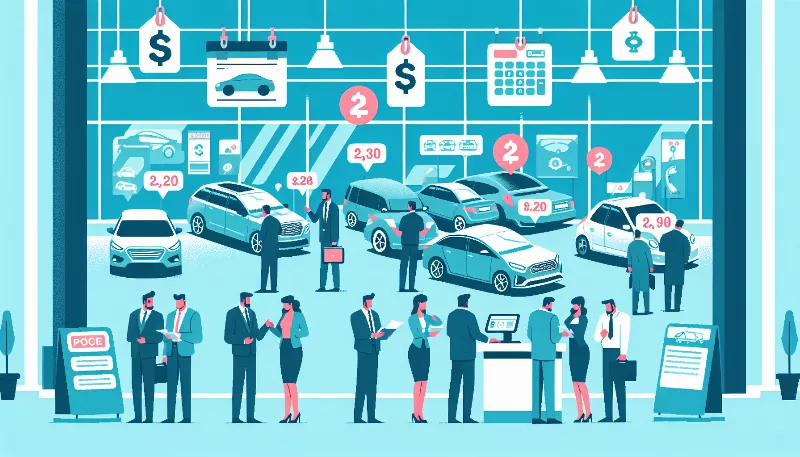
Drive Home a Bargain: The Ultimate Guide to Comparing New Car Costs
Are you in the market for a shiny new set of wheels? Congratulations! Buying a new car is an exciting journey, but it can also be fraught with potential pitfalls and hidden costs. Fear not, intrepid car shopper, for we have compiled the ultimate guide to help you navigate the treacherous waters of car buying and ensure you drive home with the best deal possible. Buckle up and prepare to become a savvy automotive negotiator!
Understanding the Sticker Price
The sticker price, or Manufacturer's Suggested Retail Price (MSRP), is just the starting point in your car buying adventure. This figure represents what the manufacturer recommends the dealership charge for the vehicle. However, this number is often negotiable. To get the best deal, you'll need to look beyond the sticker price and consider the total cost of ownership, which includes insurance, fuel efficiency, maintenance, and depreciation.
Comparing Financing Options
When it comes to buying a new car, how you pay for it can be just as important as how much you pay. Dealerships often offer financing options, but these may not always be the best deal. Before you sign on the dotted line, compare rates from banks, credit unions, and online lenders. Remember, the lower the interest rate, the less you'll pay over the life of the loan. Don't forget to factor in any financing promotions, such as cash back offers or zero-percent interest rates, which can significantly reduce your overall cost.
Trade-In Tactics
If you're trading in your old vehicle, it's crucial to know its true value. Use reputable sources like Kelley Blue Book or Edmunds to get an accurate estimate of your trade-in's worth. This knowledge will empower you to negotiate more effectively with the dealer and prevent you from accepting a lowball offer. Keep in mind that the condition of your vehicle, market demand, and the dealer's current inventory can all influence the trade-in value.
Incentives and Rebates
Automakers often offer incentives and rebates to entice buyers. These can include cash rebates, low-interest financing, or special leasing deals. It's essential to research current promotions for the models you're interested in, as they can vary by region and time of year. Be sure to ask the dealer about any unadvertised specials that may apply to your situation.
Additional Fees and Extras
Don't let your guard down once you've negotiated the price of the car. Dealerships often try to upsell additional products and services, such as extended warranties, paint protection, and gap insurance. While some of these extras may be beneficial, others are simply profit generators for the dealer. Carefully consider each offer and don't be afraid to decline extras that don't provide real value to you.
Finalizing the Deal
Before you shake hands and take the keys, review the contract thoroughly. Ensure that all agreed-upon terms, including the sale price, trade-in value, financing rate, and any incentives, are accurately reflected. Double-check for any hidden fees or last-minute additions. Once you're satisfied that everything is in order, you can sign with confidence, knowing you've done your due diligence to drive home a true bargain.
Armed with this knowledge, you're now ready to embark on your car-buying journey. Remember, patience and preparation are your best allies in the quest to find the perfect new car at the best possible price. Happy hunting!

